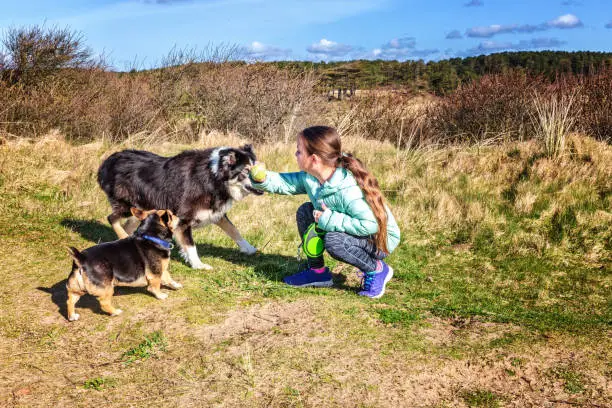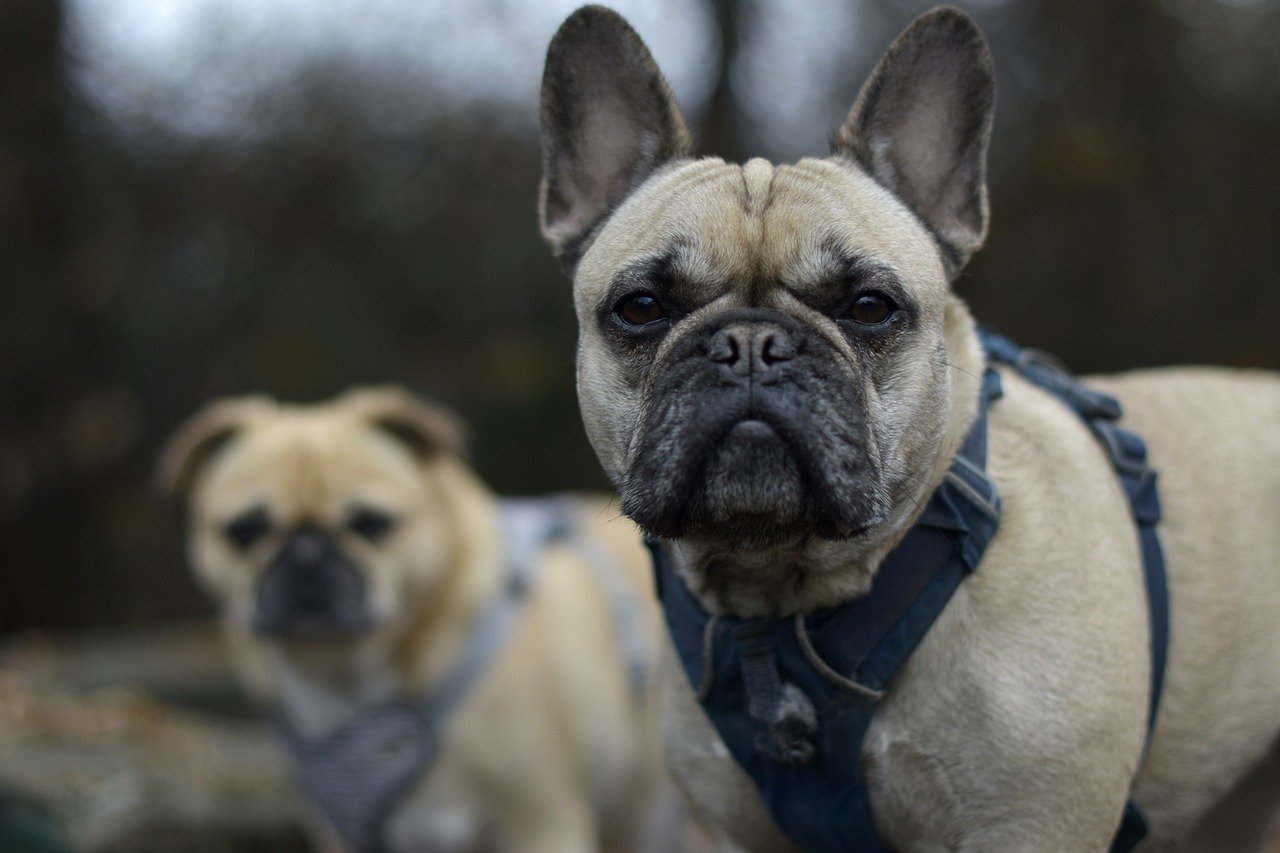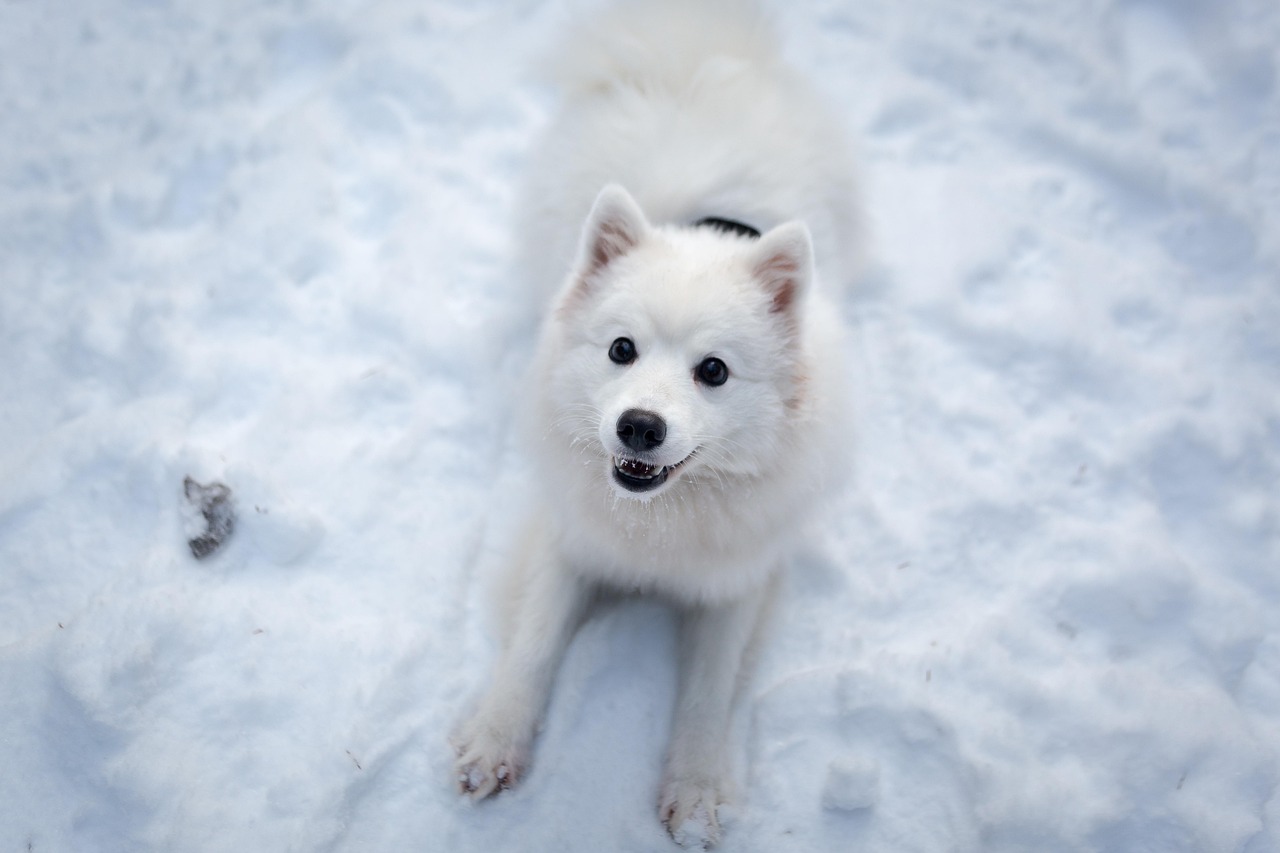Carolina Dog Breed Information & Characteristics

The Carolina Dog, often referred to as the American Dingo, is a fascinating and unique breed with deep roots in the American Southeast. Known for its resilience and distinctive appearance, the Carolina Dog is a breed that combines a wild heritage with a loyal and adaptable nature. In this comprehensive guide, we will explore the Carolina Dog’s history, physical characteristics, temperament, care needs, and suitability as a family companion.
History of the Carolina Dog
The Carolina Dog’s history is as intriguing as its appearance. This breed is believed to be one of the descendants of ancient dogs that crossed the land bridge from Asia to North America thousands of years ago. These dogs evolved in the wild, adapting to various environments and forming the primitive breed we know today.
Early Discovery and Recognition
The Carolina Dog was first recognized in the 1970s by Dr. I. Lehr Brisbin, a biologist who encountered these wild canines in the forests of South Carolina. He noted their similarities to ancient dogs and began to study and document their characteristics. The breed was initially identified as a distinct type of wild dog but has since been recognized as a breed in its own right.
Physical Characteristics
Size and Build
The Carolina Dog is a medium-sized breed with a lean, athletic build. Males typically weigh between 30 to 44 pounds, while females weigh slightly less, between 30 to 40 pounds. They stand about 17 to 24 inches tall at the shoulder. Their build is designed for endurance and agility, reflecting their wild ancestry.
Coat and Color
The coat of the Carolina Dog is short, dense, and lies close to the body. It is well-suited to a variety of weather conditions. The breed’s coat colors include red, tan, black, and sable, often with a white or cream underbelly. The coat’s primary function is to protect the dog from harsh elements, while its coloration helps them blend into their natural surroundings.
Face and Expression
The Carolina Dog has a distinctive appearance with a narrow, wedge-shaped head and a pronounced, slightly curved tail. Their eyes are almond-shaped and can range in color from amber to brown, giving them an intelligent and alert expression. Their erect ears and muzzle add to their wild, primitive look.
Temperament and Personality
Independent and Intelligent
The Carolina Dog is known for its independent nature and intelligence. This breed has a strong sense of self and can sometimes be reserved, but it is also highly trainable and responsive to positive reinforcement. They are often described as having a “wild” personality, which is balanced by their ability to form strong bonds with their human family.
Loyal and Protective
Despite their independent streak, Carolina Dogs are loyal and protective of their families. They have a strong protective instinct and can be wary of strangers. Early socialization is crucial to ensure that they are well-adjusted and comfortable around new people and other animals.
Energetic and Active
Carolina Dogs are energetic and require regular physical activity to stay healthy and happy. They thrive in environments where they can exercise and explore. Activities like hiking, running, and agility training are ideal for this breed, which enjoys using its natural athleticism.
Care and Grooming
Exercise Needs
Given their active nature, Carolina Dogs require ample exercise to prevent boredom and maintain their health. Daily walks, play sessions, and opportunities to run are essential. They excel in activities that engage both their physical and mental capabilities, such as fetch, agility courses, and scent work.
Grooming Requirements
The grooming needs of the Carolina Dog are relatively low. Their short coat requires minimal maintenance, but regular brushing helps to remove loose hair and keep the coat healthy. Routine care also includes checking and cleaning their ears, trimming their nails, and brushing their teeth.
Health Considerations
The Carolina Dog is generally a healthy breed with few major health concerns. However, they can be prone to certain conditions, including hip dysplasia and some genetic disorders common to primitive breeds. Regular veterinary check-ups and a balanced diet are important for maintaining their overall health.
Training and Socialization
Early Socialization
Early socialization is crucial for Carolina Dogs to help them develop into well-adjusted pets. Introducing them to various environments, people, and other animals at a young age will help them become more adaptable and less fearful of new experiences. Positive reinforcement methods work best with this breed, as they respond well to praise and rewards.
Training Challenges
While intelligent, the Carolina Dog’s independent nature can sometimes present challenges in training. Consistent, positive reinforcement methods are the most effective. They benefit from clear, firm commands and rewards-based training. Patience and persistence are key to successful training with this breed.
Suitability as a Family Pet
Families with Children
Carolina Dogs can make excellent family pets, especially in active households. They are typically good with children, provided they have been properly socialized. Their protective nature means they can be vigilant and alert, adding an extra layer of security to the household.
Active Individuals and Families
For active individuals or families who enjoy outdoor activities, the Carolina Dog is a great companion. Their high energy levels and love for physical exercise make them well-suited for hiking, running, and other outdoor adventures. They thrive in environments where they can use their agility and endurance.
Apartment Living
While Carolina Dogs are adaptable, they are not ideally suited for apartment living due to their exercise needs and high energy levels. They perform best in homes with access to outdoor space where they can run and play. Ensuring they receive sufficient exercise is crucial for their well-being in any living situation.
Conclusion
The Carolina Dog is a unique and resilient breed with a fascinating history and distinct characteristics. Combining the traits of ancient wild dogs with a loyal and adaptable personality, this breed offers a rewarding experience for the right owner. Proper care, grooming, and training are essential to ensure a happy and healthy Carolina Dog. If you’re considering adding a Carolina Dog to your family, be prepared to provide the exercise, stimulation, and attention they need to thrive.




